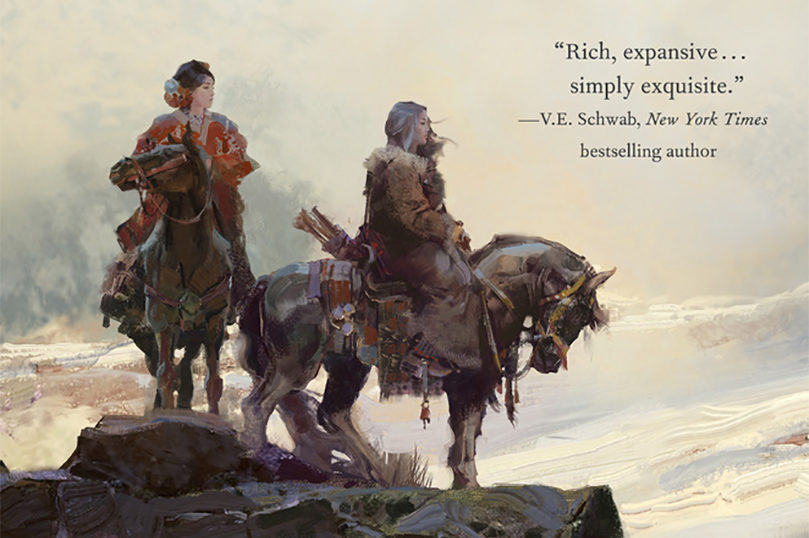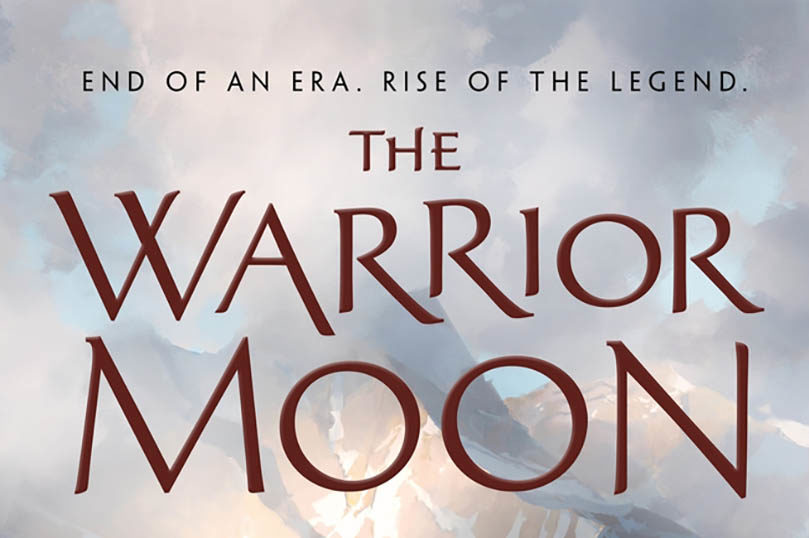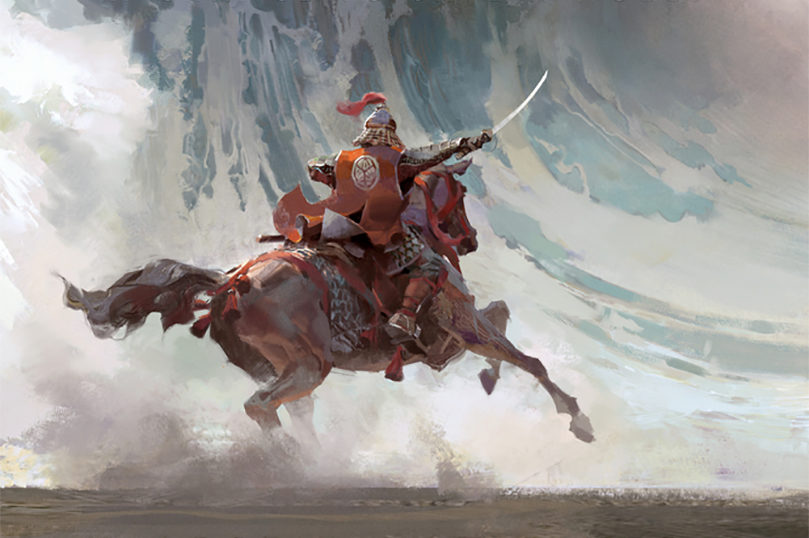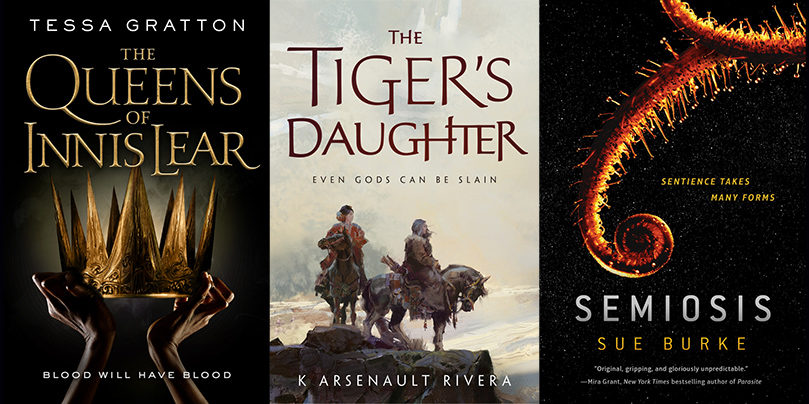
Chonky Fantasy Series to Get You Through the Rest of Whatever Year It Is
Back in 2020, we put together an article to highlight some fantasy series of REALLY BIG BOOKS that we could all get lost in until upon reaching the end, finally, we would emerge into a brighter post-2020 future.
For literally absolutely no reason at all, we’ve decided to bring this list back with some additional entries!






